2-Day Integrative Psychopharmacology – SHARON M. FREEMAN CLEVENGER (Digital Seminar)
$439.00 $132.00
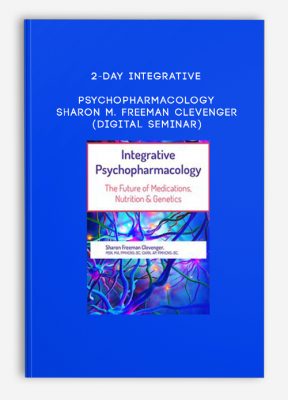
2-Day Integrative Psychopharmacology – SHARON M. FREEMAN CLEVENGER (Digital Seminar)
Sale Page
Get 2-Day Integrative Psychopharmacology – SHARON M. FREEMAN CLEVENGER (Digital Seminar) on Salaedu.com
Description:
Does this sound familiar? Your clients are taking multiple psychotropic medications prescribed by different healthcare professionals, not to mention their use of over-the-counter medications and herbal supplements. You discover that they have no idea who wrote which prescription or why they are even taking the medication. You realize that despite the confusion, you still have a responsibility to know your client’s symptoms, reactions to medications, and to coordinate their care. It’s more critical than ever for healthcare and mental health professionals to understand how psychotropic medications work, where in the body they work, and why they do (or don’t) improve your client’s therapeutic outcomes.
Are you confident in your role as both the client advocate and protector to effectively address medication-assisted treatments in your overall care plan?
Don’t miss the opportunity to spend two-action-packed days learning from expert Sharon M. Freeman Clevenger, MSN, MA, PMHCNS-BC. She will guide you through the newest advances and contemporary trends in blending medication management with nutrition and psychotherapy interventions for anxiety, depression, psychotic disorders and more. You’ll finish this seminar with the knowledge you need to answer clients’ questions, manage side effects, understand medication reactions and improve your treatment outcomes.
Outline:
The Nitty Gritty of Psychopharmacology
- How the brain communicates
- Specifics about nutrition & neurotransmitters
- Gut-brain connection: What it is & does it really exist?
- Over-the-counter medications
- Nutraceuticals
- Vitamins: Differences & effectiveness
- Ancient Medications: Are they still useful?
Genetic Testing: Do’s and Don’ts!
- Do genetic assays help decide medication choices?
- Common genes tested & why
- How to use genetic assays
- Understanding Methylation
- Communicating about genetic testing
- Using genetic testing to predict response & failure
What to Do Before a Diagnosis or Prescription
- Symptoms vs. circuits
- How to identify which brain organ to target
- Using the body to heal itself: Smart nutrition
- Pharmacodynamics vs. pharmacokinetics
- Expected & unexpected interactions: CYPs made simple!
- Off-label medication use & concerns
- Pearls from the Black Box Warnings
Depressive Disorders
- Screening & differential diagnosis
- Integrative approaches: medications, nutraceuticals, herbals
- Types of antidepressants & the pearls & pitfalls of each
- Mild & severe side-effects: How to assess & what to do
- Age-related differences
- Treatment resistance: What it is and how to manage it
- Cutting-edge treatments: What’s new, What’s safe
Anxiety-Related Disorders
- Screening & differential diagnosis
- Brain organs: Targets & triggers
- Integrative approaches: medications, nutraceuticals, herbals
- Choosing gold-standard treatments
- Benzodiazepines: Pearls & problems
- Safely discontinuing benzodiazepines
Mood Disorders
- Screening, stigma & safety concerns
- Types of cyclical disorders: Different types & different treatments
- Types of medications: What to choose & what to avoid
- Monitoring for safety: Labs, age, pregnancy & side-effects
- Managing mild & severe side-effects: Assessment & interventions
- When to augment & what to augment with
Psychosis & Schizophrenia
- Brain targets for treatments
- 1st & 2nd generation anti-psychotics
- Monitoring for safety & severe side-effects
- Assessment & treatment for mild to severe side-effects
- Other uses for anti-psychotics with pearls for prescribing
- Avoiding negative side-effects: Tapering off, switching medications, augmentation
Attentional Disorders
- Neurobiology of cognitive dysfunction
- Screening & differential diagnosis
- The science behind treatment options
- Medication choices: stimulants, non-stimulants, nutraceuticals
Sleep Disorders
- Types of sleep disorders & how to screen
- Differential diagnosis
- Determining what came first
- Treatment options:
- Medications
- Cognitive behavioral therapy
- Integrative approaches: Nutraceuticals, herbals
- Adverse effects & interventions
Substance Use Disorders
- Screening, stigma, diagnosis & differentials
- Abuse vs. addiction
- Helping your client recover from use
- Categories of abusable drugs:
- Caffeine
- Nicotine
- Cannabis vs. CBD
- Alcohol
- Opiates
- Stimulants
- Designer drugs
Putting It All Together
- Resources for prescribers & non-prescribers
- Limitations of the research & associated risks
NLP online course
So what is NLP?
NLP stands for Neuro-Linguistic Programming. Neuro refers to your neurology;
Linguistic refers to language; programming refers to how that neural language functions.
In other words, learning NLP is like learning the language of your own mind!
NLP is the study of excellent communication–both with yourself, and with others.
It was developed by modeling excellent communicators and therapists who got results with their clients.
NLP is a set of tools and techniques, but it is so much more than that.
It is an attitude and a methodology of knowing how to achieve your goals and get results
More Course: NLP – HYPNOSIS – PHILOSOPHY
Outstanding Course:David Snyder – Real World Regression 2015
1 review for 2-Day Integrative Psychopharmacology – SHARON M. FREEMAN CLEVENGER (Digital Seminar)
Add a review Cancel reply
Related products
HYPNOSIS - NLP Courses
HYPNOSIS - NLP Courses
HYPNOSIS - NLP Courses
HYPNOSIS - NLP Courses
HYPNOSIS - NLP Courses
HYPNOSIS - NLP Courses
HYPNOSIS - NLP Courses
Tom O’Connor NLP – Task Decomposition The “Magic Power of Goal Getters”

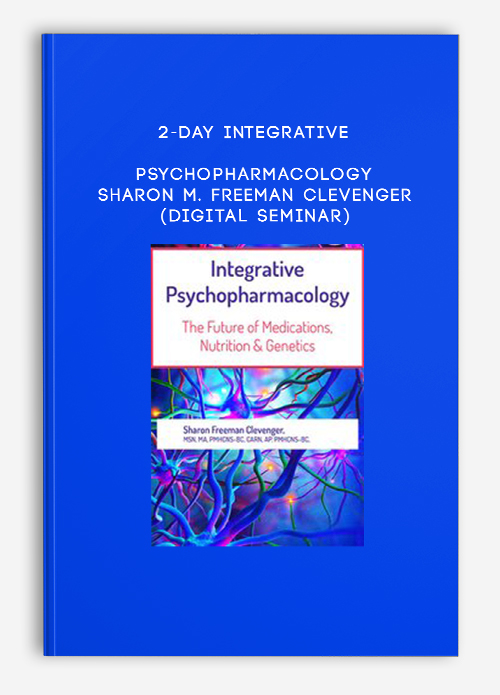
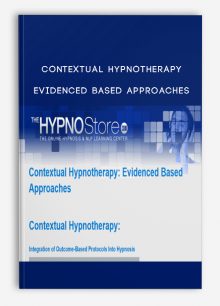

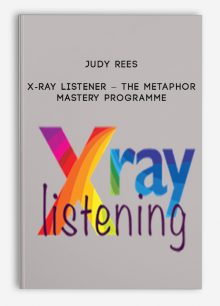

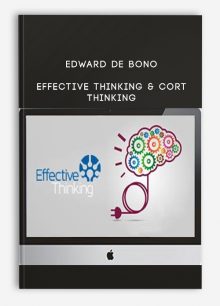

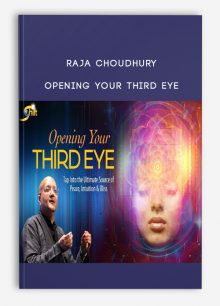
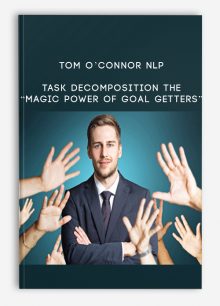
king –
“We encourage customers to contact Customer Service and think twice before making payment. All course contents will be similar to what is from the author.”
Thank you!